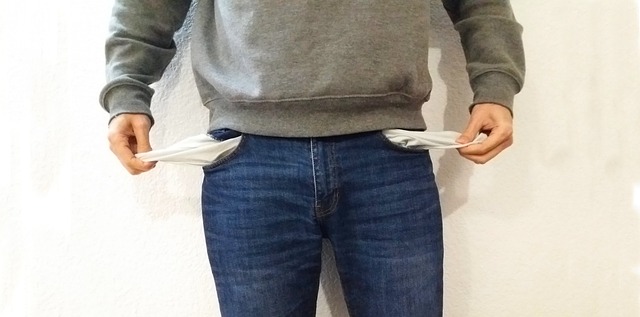So much of life is shaped by this unspoken sense of debt—emotional debt, social debt, moral debt. The idea that we owe people something, whether it’s obedience, agreement, or deference, keeps us bound in invisible chains. But what do we really owe anyone? How much of our time, energy, and decisions truly belong to others? And how much of that belief is simply conditioning that can be undone?
The Power and Control Others Appear to Have
It’s easy to feel like people have control over our lives, especially when their opinions feel so loud in our heads. If someone disapproves of a choice you make, it can feel like a looming threat. But what is that threat, really? Can they force you to live differently? Can they make your decisions for you? Can they physically stop you from pursuing your own path? In most cases, no. What they can do is withdraw approval, affection, or validation—but does that mean your reality has changed? Or does it just mean they are reacting to their own discomfort, their own beliefs, their own sense of control slipping away?
The Fear of Disapproval: What Happens If They Don’t Approve?
The fear of disapproval often keeps people stuck in roles and expectations they don’t even want. But if someone disapproves, then what? Does the sky fall? Do you cease to exist? Or does it just feel uncomfortable? When we unpack this fear, it becomes clear that disapproval itself doesn’t have inherent power—it only has the power we assign to it. If we stop seeing disapproval as a catastrophe and start seeing it as a reflection of someone else’s perspective, it loses its grip over us.
The Fear of Being Wrong: And If You Are, Then What?
Many people stay paralyzed, afraid to make a decision because they might be wrong. But if you are wrong, then what? Mistakes are part of being human. They are how we learn, how we refine our choices, and how we grow into the people we are meant to become. Living in fear of being wrong is not a protective measure; it is a self-imposed cage. No one gets through life without mistakes. The question is, will you let the fear of them keep you from moving at all?
What Power Do People Actually Have?
Strip away the illusion, and what real power do others hold over you? They can have opinions, but they cannot dictate your actions. They can withhold approval, but they cannot define your worth. They can criticize, but they cannot rewrite your truth. The more you step into the reality that your choices belong to you, the more you see that no one outside of you has the authority to dictate how you live.
Breaking the False Beliefs
The belief that we owe people our compliance, our choices, our identity—it’s not a truth. It’s a learned response, often ingrained from childhood, reinforced by social norms, and perpetuated by fear. But beliefs can change. The first step is to question them. When you feel the weight of obligation pressing down, ask yourself: Who told me I owe this? What will actually happen if I don’t comply? Is this fear based on reality or conditioning? Awareness is the first step to breaking free.
Adopting Empowering Beliefs
Once we dismantle the false beliefs, we can replace them with truths that empower us. You don’t owe anyone the sacrifice of your own life, your own dreams, or your own peace. You have the right to make choices that honor you. Disapproval is not the end of the world. Being wrong is not a death sentence. You are the authority in your own life. The only debt that truly matters is the one you owe to yourself—to live authentically, to trust yourself, and to claim your own power.













